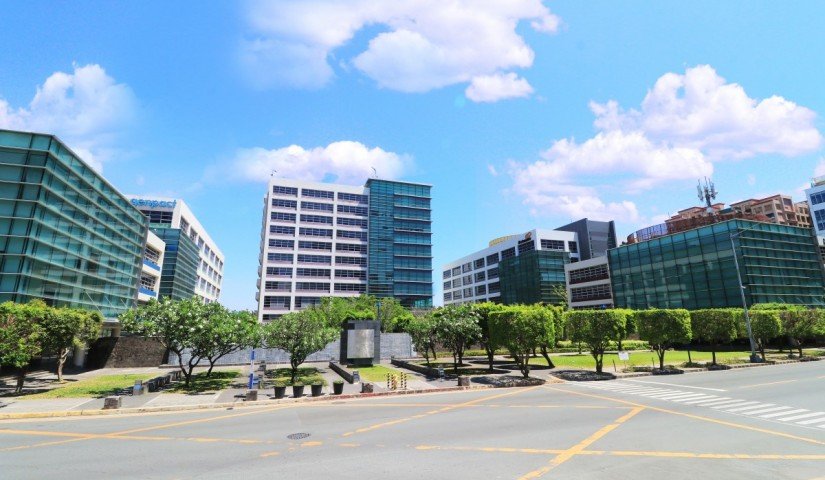FLI Cyberzone Bond Offer a Big Hit

Investors swamped the maiden bond offer of Filinvest Land Inc.’s (FLI) Cyberzone Properties Inc., signaling confidence in the office leasing sector that at one point was perceived to be threatened by the protectionist rhetoric of US President Donald Trump.
Cyberzone Properties, FLI’s subsidiary in the office leasing segment, saw demand for its bond offer hit 2.65 times the available amount.
The P5 billion base offer had to be increased by another P1 billion to P6 billion, which will be used for the company’s expansion.
Cyberzone Properties president Joseph Yap told reporters during the bond listing ceremony yesterday that several business process outsourcing (BPO) firms, the main driver of the domestic office leasing sector, had held back expansion plans.
“Right after the election of Trump, because of his talk about protectionism, some of the BPOs were a little bit hesitant to do much planning for expansion,” Yap said.
He said those concerns had since eased in recent months.
“They don’t see that (Trump rhetoric) is going to translate to any significant effects on the BPO industry. I think people are now more confident, more optimistic,” Yap added.
The bonds were listed at the Philippine Dealing Exchange yesterday. The debt matures in 5.5 years and will pay an interest of 5.05 percent per year.
The bond deal was arranged by BDO Capital, BPI Capital, East West Banking Corp., First Metro Investments, PNB Capital and SB Capital.
Yap said proceeds from the offer would be used to finance an “aggressive build-up program.” This included the construction of five new buildings in Northgate Cyberzone in Filinvest City, Alabang and three new towers in Cyberzone Cebu, over the next three years.
At present, the company’s portfolio covers 18 operational buildings with 239,823 square meters in gross leasable area.
New buildings this year will add another 103,000 sqm of GLA. The company wants to bring its GLA to 493,720 sqm by 2020. By then, Yap said revenues from the office segment would hit about P6 billion.
